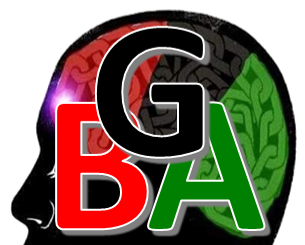As of 11/29/2021, Cut and Pasted From: https://www.justice.gov/jm/jm-9-131000-hobbs-act-18-usc-1951
17 USC § 107 Limitations on Exclusive Rights – FAIR USE
IMPORTANT TO NOTE: ONLY this page can be translated. Pages that may be provided at links may be in English (and/or may not load); however, our translation tool bar is NOT available on the pages provided at the links!
PUBLIC CORRUPTION
Pursuant to Hobbs Act/18 § 1951,
and/or the applicable Statutes/Laws governing said matter(s)
9-131.010 - Introduction
This chapter focuses on the Hobbs Act (18 U.S.C. § 1951) which prohibits actual or attempted robbery or extortion affecting interstate or foreign commerce. Section 1951 also proscribes conspiracy to commit robbery or extortion without reference to the conspiracy statute at 18 U.S.C. § 371. Although the Hobbs Act was enacted as a statute to combat racketeering in labor-management disputes, the statute is frequently used in connection with cases involving public corruption, commercial disputes, violent criminals and street gangs, and corruption directed at members of labor unions.
[updated January 2020]
9-131.020 - Investigative and Supervisory Jurisdiction
Primary investigative jurisdiction of offenses in 18 U.S.C. § 1951 lies with the Federal Bureau of Investigation. The Inspector General's Office of Investigations—Labor Racketeering and Fraud, United States Department of Labor, is also authorized to investigate violations of 18 U.S.C. § 1951 in labor-management disputes involving the extortion of property from employers by reason of authority conferred on investigators as Special Deputy United States Marshals.
Supervisory jurisdiction over 18 U.S.C. § 1951 is exercised by the following offices with respect to the offenses noted:
- Extortion under color of official right or extortion by a public official through misuse of his/her office is supervised by the Public Integrity Section, Criminal Division.
- Extortion and robbery in labor-management disputes is supervised by the Labor-Management Unit of the Organized Crime and Gang Section, Criminal Division.
- All other extortion and robbery offenses not involving public officials or labor-management disputes are supervised by the Organized Crime and Gang Section, Criminal Division.
[updated January 2020]


